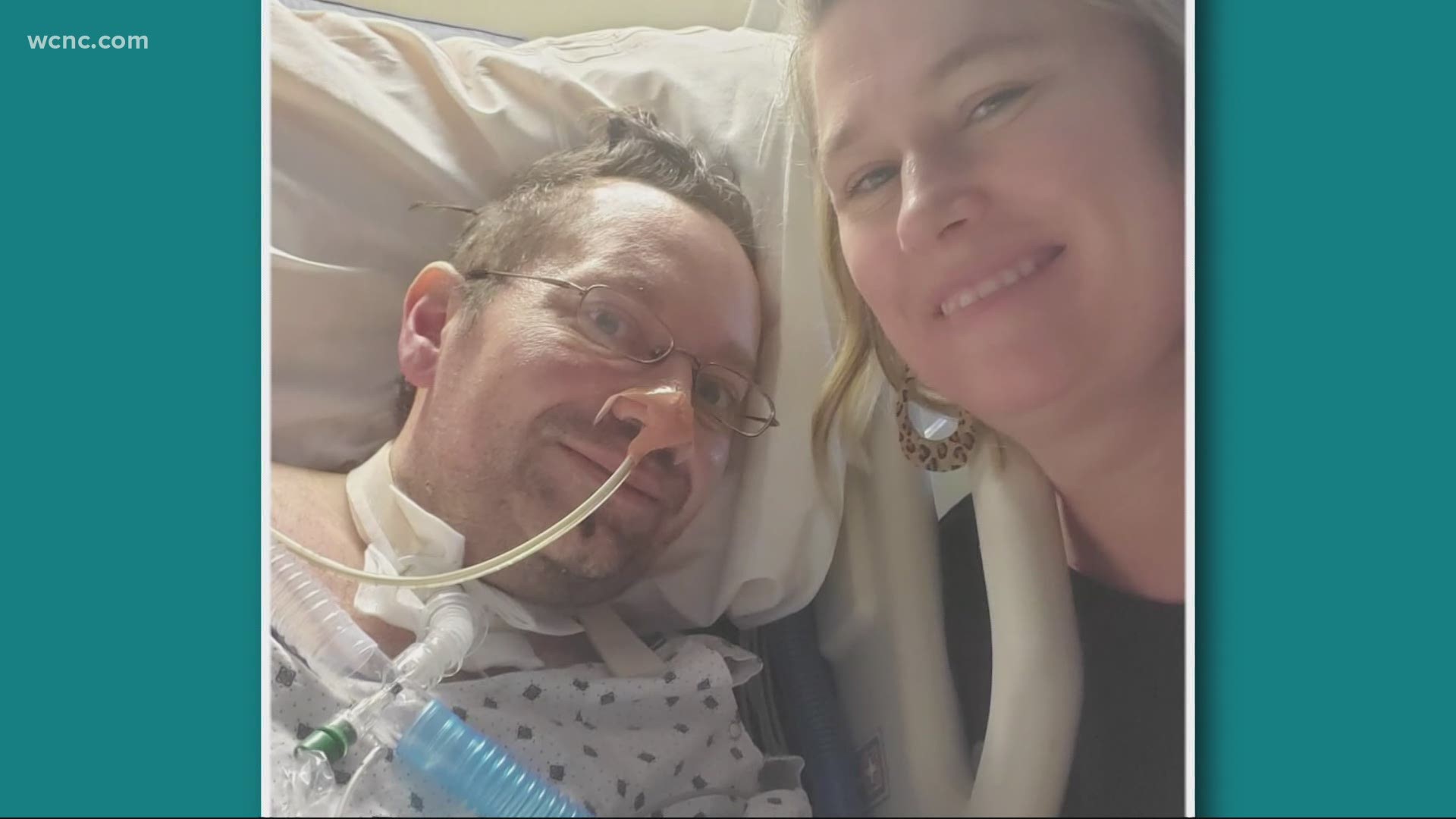CHARLOTTE, N.C. — North Carolina's Governor Roy Cooper has signed an executive order to extend the state’s eviction moratorium through Jan. 31, 2021.
"Too many families are living on the edge, trying to do the right thing, but left with impossible choices," Cooper said in a news conference on Wednesday. "This will help them stay in their homes which is essential to slow the spread."
Cooper said his administration created the HOPE Program to help renters struggling to make ends meet and landlords who depend on income. HOPE provides payments to landlords and utility companies. And over 21,000 renters so far have been notified that they’ll receive help amounting to $37.4M.
"The overwhelming need for this assistance versus the money we had meant the HOPE Program had to stop taking applications, but fortunately help from Washington is finally on the way and we look forward to opening it back up," Cooper said.
North Carolina broke its daily COVID-19 case record set earlier this month, as the state Department of Health and Human Services reports more than 8,500 new infections found in one day.
The Tar Heel State continues a stretch of some of its highest daily positive test rates of the pandemic. The two-week rate has risen to 11.3 percent. The most recent day of data for this metric shows, on Monday, 14.8 percent of people tested that day were sick with the virus.
In a rarity for the month of December, North Carolina did not break its hospitalization record Wednesday, but patient counts remained above 3,300 people. Tuesday, was a record-breaking coronavirus patient day with 3,377 people in the hospital statewide.
Shortly after releasing the latest numbers, NCDHHS added the following note to its dashboard, stating that Wednesday's case numbers could be artificially high and Thursday's could be artificially low, due to a reporting error:
"On Dec. 29, 2020, NCDHHS experienced technical issues with the NC COVID reporting system. As a result, cases and test data are higher for today than they would have been had data been processed at the standard time. Data reported on Dec. 30, 2020, will be higher as it will represent 36 hours of data, and data reported on Dec. 31, 2020, may be lower as it will represent 12 hours of data."
The governor's nightly 10 p.m. curfew will remain in effect through at least Jan. 8. The modified stay-at-home order was put in place to help limit the spread of COVID-19 over the holiday season.
Businesses, including restaurants, bars, entertainment venues, personal care businesses, most retail stores and more will be required to close at 10 p.m. Alcohol sales are required to stop at at 9 p.m. The sale of alcohol cannot resume until 7 a.m.
Cooper said further restrictions could be added if North Carolina's trends don't improve. As of last week, 90% of the state's counties are designated as either red or orange for community spread of COVID-19. Cooper urged North Carolinians to stay home for the holidays and to celebrate virtually, if possible.
“The best and safest option is to connect virtually or by phone," Cooper said. "But if you gather in-person, keep it small and do it outside. Get a COVID-19 test before you go. Spread out the tables and chairs. Follow the modified Stay at Home Order and be home by 10 PM. And, always, always wear a mask.”
South Carolina set a record Wednesday, as well, with 2,001 coronavirus patients reported. According to South Carolina Department of Health and Environmental Control data, it is the first time the Palmetto State has been above the 2,000-patient threshold.
While the latest state data shows daily cases in South Carolina appear to be leveling off, the percentage of tests detecting an infection has been rising steadily.
The average positive test rate is up to 24 percent over the last two weeks. The most recent day of data for that metric was from Monday and shows the state's highest daily rate of the pandemic: 31.4 percent. Essentially on that day, nearly one-third of people tested for the virus that day were infected.


